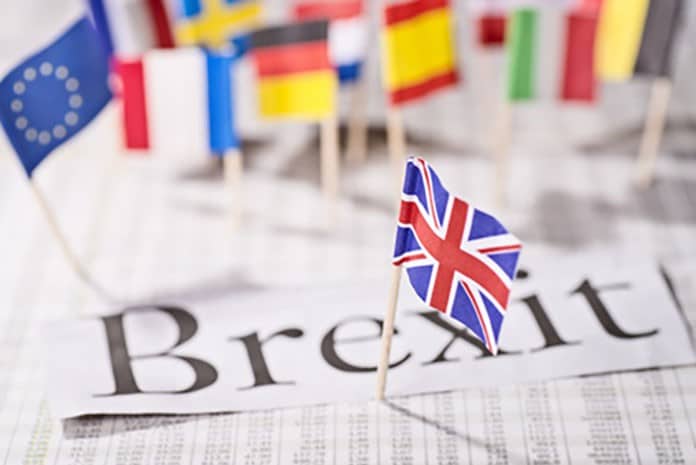Brexit: What to Expect and How to Prepare for the ‘New Normal’
Jurisdictions: United Kingdom / European Union
Authors: Huw Beverley-Smith, Alex Denny, Gary Laitner
Law firm: Faegre Baker Daniels
Subject:
The U.K. has voted, in a popular referendum, to leave the EU. The referendum is not legally binding and the result was extremely narrow: 51.9 percent in favor of leaving, 48.1 percent in favor of remaining.
The process of leaving the EU will formally commence when the U.K. notifies the European Council of its intent to withdraw from the EU. Article 50 of the Treaty of European Union provides for the negotiation of a withdrawal agreement between the EU and the withdrawing state, defining the terms and conditions of the withdrawing state’s relationship with the EU.
Only the British Government can trigger the Article 50 notification.
If no agreement is concluded within two years of that notification, then the U.K.’s membership will end automatically, unless the European Council and the U.K. decide jointly to extend this period (the Interim Period).
The negotiation process is likely to be lengthy and will not be rushed. In the future, the U.K. could be part of the European Economic Area (EEA) or the European Free Trade Association (EFTA), or its relationship with the EU could rely on the framework of World Trade Association (WTO) rules.
In the Interim Period, it will be critical for companies located both within and outside of the EU to monitor developments and prepare for the “new normal” business relations with the U.K.
This contribution summarizes some of the key areas which need to be monitored during the Interim Period.
 Strategic Lawyering
Strategic Lawyering 
